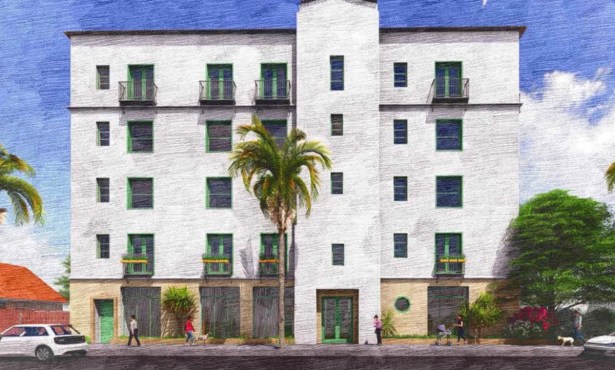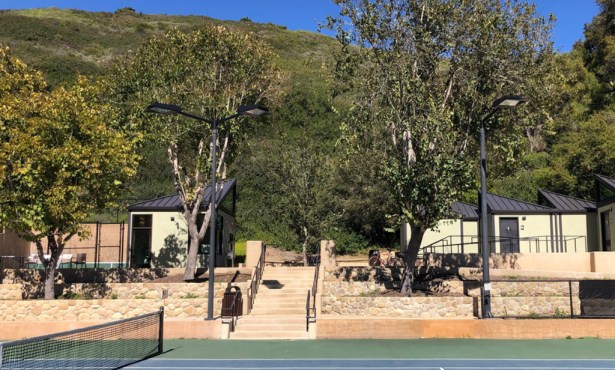Making Sense of Jake’s Death
About 40 parents, four Santa Barbara city councilmembers, one
county supervisor, one supervisorial candidate, two police
officers, and two high-ranking traffic engineers gathered Tuesday
night at La Colina Junior High School to discuss the violent death
of Jake Boysel, the 12-year-old fatally injured while bicycling to
school last week by a motorist driving an SUV. Boysel’s death hung
heavy in the room as the two officers explained they could not
discuss their ongoing investigation of the accident. Similarly,
they declined to address recent news reports that the motorist
involved had a reputation for being a reckless speed demon in the
mobile home park where he lived. La Colina principal David Ortiz
stressed that Boysel himself was in no way responsible for the
accident. “Jake was doing everything 100 percent A-plus perfect,”
said Ortiz. For Ortiz, the issue extends far beyond the confines of
kids on bicycles. “We need to slow the traffic down,” he said.
“Jake’s spirit is to inspire us to get off our rear ends and do
something about it.” The meeting was convened by Eva Inbar, who
runs Safe Routes to School, and many in the crowd were dedicated,
middle-aged bicycle commuters seeking solutions so that future
cyclists could be spared the young Boysel’s fate. “This was not an
act of God,” declared Alex Pujo, an alternative energy advocate
with COAST. Pujo expressed hope that bicycle safety might soon
enjoy the same dramatic cultural shift that’s made public smoking
and drunk driving legally and socially unacceptable. The owner of
Jerry’s Flower stand spoke expansively of overthrowing the
supremacy of the automobile, while others spoke more concretely of
fixing storm drain grates in bike lanes, potholes in the road, and
tree branches obstructing cyclists. City public works official
Browning Allen attempted to instruct the computer-savvy crowd on
how to find Safe Routes to School maps on the city’s home page, but
his overly intricate directions tried the patience of many there.
Larry Bickford, a school safety volunteer at Peabody Elementary
School, cautioned that new laws took time to pass and that new bike
lanes — and other infrastructure — required money that was not
available. “But what we can do now,” he said, “is change the way
people drive.”
— Nick Welsh


